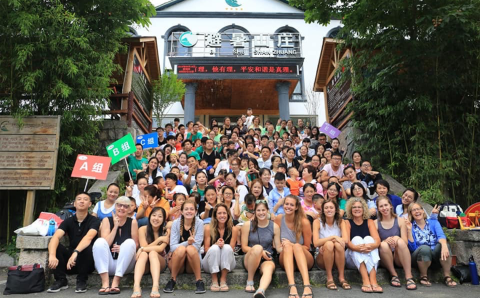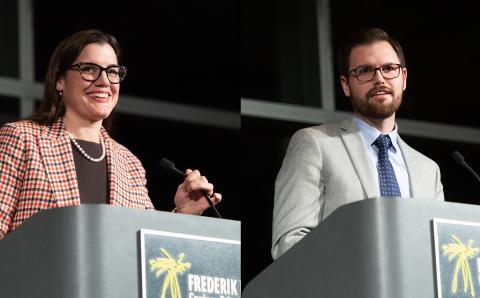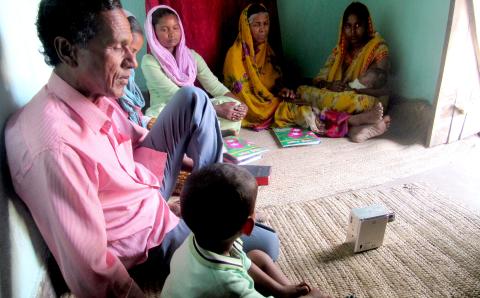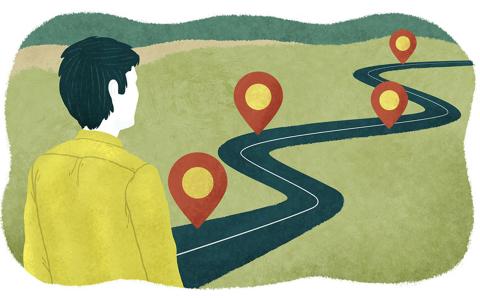The #MeToo movement has highlighted women who have experienced sexual harassment or assault. Aren’t Christians supposed to forgive rather than demand justice?
In the aftermath of abuse, it’s important to note three different things at play: forgiveness, reconciliation, and justice. God in grace has opened a way for us to become free again after someone has tied us into a knot through harassment or assault. Forgiveness is a transaction between God and humanity. When we cancel the debt of anger we legitimately feel against someone who has violated us, our own debt of sin is paid for anew by Christ’s sacrifice. In the same way we allow the person who hurt us to be dealt with by God through our forgiveness, so God will deal with us, which is why we pray, “Forgive us our debts, as we also have forgiven our debtors” (Matt. 6:12).
It is important to be clear about the difference between forgiveness and reconciliation. Forgiveness does not involve the accused; it is an act between a person and God. Reconciliation, however, involves two (or more) people. If the person who is accused minimizes or denies that his or her actions created harm, true reconciliation cannot happen.
Reconciliation also does not mean that either punitive or restorative justice can be bypassed. Punitive justice is appropriate when harm is not acknowledged. Restorative justice focuses on concrete steps that an accused person might need to take to facilitate healing the harm done. For example, the accused may be asked to pay for counseling for the person who is harmed or for other costs incurred, such as the loss of employment income. Reconciliation does not necessarily mean a close relationship; it may simply mean acceptance of casual contact at public events in church or community.
In any case, when coercive power, sexualized or otherwise, disrupts the life of a community, healing can be facilitated more quickly if the pursuit of forgiveness, reconciliation, and punitive or restorative justice are based on a clear understanding of each of those terms.
About the Author
Judy Cook is a family therapist and a member of Meadowlands Fellowship CRC in Ancaster, Ontario.





